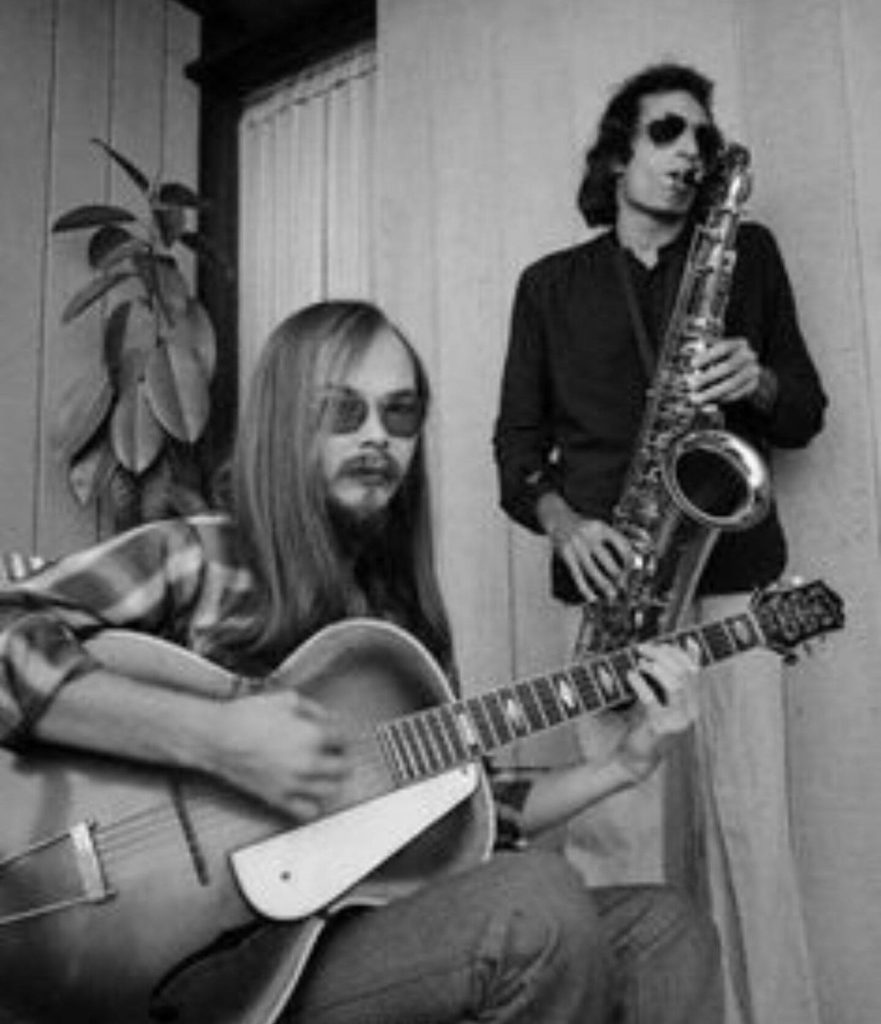
A poignant plea for connection and a fleeting moment of possibility.
Released in 1974 as the opening track of their third studio album, Pretzel Logic, “Rikki Don’t Lose That Number” became Steely Dan’s highest-charting single, peaking at number four on the Billboard Hot 100. This achievement solidified their place in the pantheon of sophisticated rock, proving their unique blend of jazz harmonies, intricate arrangements, and cryptic lyrics could capture a wide audience.
The song’s distinctive intro, with its lilting bassline and vibraphone melody, is instantly recognizable. It has often been noted that the intro bears resemblance to Horace Silver’s “Song for My Father.” While Donald Fagen has downplayed any conscious intent to directly sample Silver’s work, he acknowledged the similar feel and even suggested a possible shared influence from old Sergio Mendes recordings. This connection subtly hints at the song’s underlying themes of memory and influence.
The lyrics of “Rikki Don’t Lose That Number” are shrouded in the typical Steely Dan mystique. While the band, particularly Fagen and Walter Becker, were notorious for their evasive explanations, the song is widely believed to be inspired by a real-life encounter. The “Rikki” in question is thought to be a woman named Rikki Ducornet, whom Becker and Fagen met during their time at Bard College. The song captures a fleeting moment of connection, a hesitant offer of support, and a plea not to let that opportunity slip away. The lyrics paint a picture of someone offering solace and a means of escape to “Rikki,” who seems to be going through a difficult time. The lines “We haven’t met but I can tell you I know/You’re the one I’ve been waiting for” evoke a sense of yearning and a desire for connection. The number itself becomes a symbol of this potential connection, a lifeline in a sea of uncertainty.
The song’s arrangement is a testament to Steely Dan’s meticulous approach to music production. They were known for their perfectionism, often employing numerous studio musicians to achieve the precise sound they envisioned. On “Rikki Don’t Lose That Number”, this is evident in the seamless blend of rock, jazz, and Latin influences. The track features a stellar lineup of session musicians, including Jeff Baxter’s memorable guitar solo, which, according to some accounts, was recorded directly into the mixing board without an amplifier. This detail speaks to the band’s willingness to experiment and push the boundaries of conventional recording techniques.
Beyond its chart success and musical intricacies, “Rikki Don’t Lose That Number” has endured as a classic because it taps into a universal human experience: the desire for connection, the fear of missed opportunities, and the bittersweet nature of memory. For listeners of a certain age, the song evokes a powerful sense of nostalgia, transporting them back to a time when music felt more personal, more meaningful. It’s a reminder of the power of a simple phone number, a symbol of hope and possibility in a world that often feels disconnected. This song remains a testament to Steely Dan’s unique artistry, their ability to craft sophisticated, thought-provoking music that continues to resonate with listeners across generations. It’s a song that invites introspection, encouraging us to reflect on our own fleeting moments of connection and the numbers we hold dear.